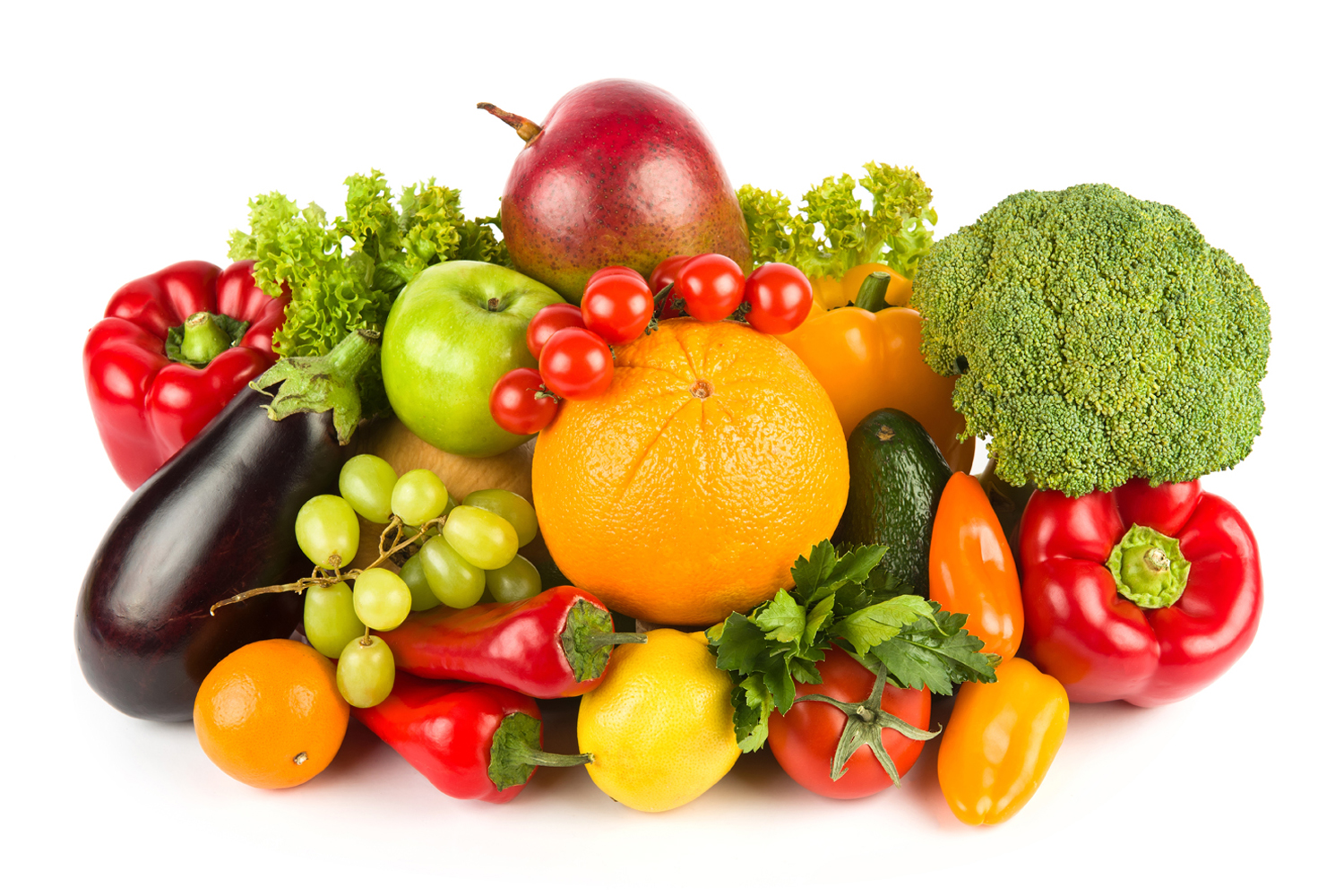IT’S NO SECRET THAT A PLANT-BASED DIET can support a healthy lifestyle, but research suggests eating more fruits and veggies may also help prostate cancer survivors keep the disease at bay. Men with the highest intake of plant foods had a 47% lower risk for prostate cancer progression than those with the lowest plant intake, according to research published May 2024 in JAMA Network Open.
In the study, 2,062 men with nonmetastatic prostate cancer completed food frequency questionnaires. After following participants’ health outcomes for a median of 6.5 years, researchers found prostate cancer progressed in 190 men. In the group that reported eating the least amount of plant-based foods on the questionnaires, 52 men had disease progression, compared with 18 among those who had the highest plant intake. Those who consumed the most plant-based foods had lower body mass index and were less likely to smoke, which may have influenced outcomes.
People in the highest plant-eating group averaged 1.3 servings of whole grains, 2.4 servings of fruit and 4.1 servings of vegetables daily. Additionally, they ate fewer animal products, including dairy, eggs and meat, than those in the least plant-eating group.
The American Cancer Society’s recommendations for cancer prevention also support eating a variety of whole grains, fruits and vegetables, notes Stacey Kenfield, the study’s senior author and a cancer epidemiologist at University of California, San Francisco. Survivors can keep a food journal or use tracking apps to help achieve these goals, she says.
For the most health benefits, opt for minimally processed or whole plant foods, which are close to how they are found in nature. Choose fresh or frozen produce over plant-based meat substitutes or frozen dinners, which typically are high in sodium and artificial ingredients, says Stacy Kennedy, an oncology dietitian with Synergy Private Health.
Plants contain antioxidants and anti-inflammatory compounds that may protect against prostate cancer, but Kenfield also attributes some of the anticancer benefit to their fiber content, which helps regulate glucose and insulin levels. “High insulin may cause changes in tumor glucose metabolism that can fuel [cancer cell] growth,” she says. “Insulin resistance is a primary factor in metabolic dysfunction associated with cancer, which may increase the risk of cancer recurrence and death.”
These easy meal enhancements can help you increase your intake of plant foods.
Wondering how to start eating a plant-based diet? Oncology dietitian Stacy Kennedy offers these suggestions for adding more plant foods to familiar recipes:
• In tacos or other Mexican dishes, swap meat for beans and sauteed vegetables.
• Add tofu and edamame to Asian-style dishes.
• Sprinkle flaxseed meal or chia or hemp seeds into smoothies.
• Add a variety of vegetables, such as butternut squash, beets or mushrooms, to a tray of roasted vegetables.
A plant-rich diet also supports immune health and promotes a healthy weight, further benefiting cancer survivors, according to Stacy Kennedy, an oncology dietitian with Synergy Private Health, a private practice affiliated with Mass General Brigham Newton-Wellesley Hospital in Newton, Massachusetts, who was not involved with the study. “Don’t get hung up on serving sizes or [feel the need to] eat exclusively plants,” Kennedy advises. “Just add more plant foods to your meals and keep it simple.”
Cancer Today magazine is free to cancer patients, survivors and caregivers who live in the U.S. Subscribe here to receive four issues per year.





